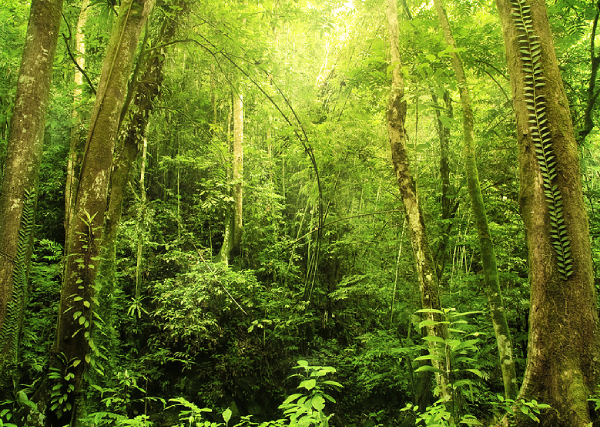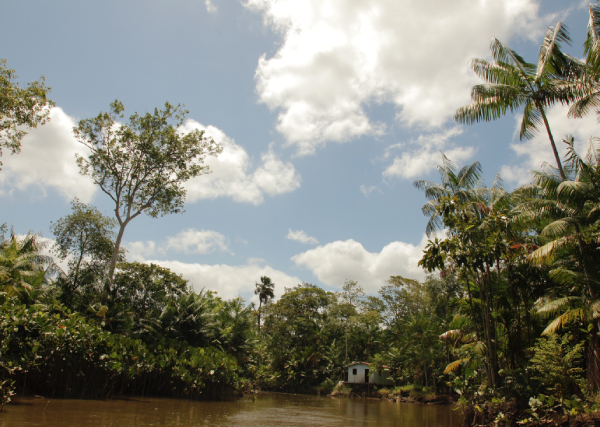In an era of heightened environmental awareness, consumers are increasingly mindful of the impact their choices have on the planet. As a result, many are turning to sustainable alternatives, seeking ways to minimise their ecological footprint while still enjoying the fruits of nature.
One such option gaining traction is the consumption of wild-harvested fruits. In this article, we delve into the environmental benefits of choosing wild-harvested fruits over conventionally cultivated varieties, highlighting the positive impact such choices can have on our planet.
Preserving Biodiversity
1. Maintaining Ecosystem Balance
Wild-harvested fruits are often sourced from natural habitats such as forests, wetlands, and grasslands. By opting for these fruits instead of those from monoculture crop fields, consumers support the preservation of diverse ecosystems, which serve as crucial habitats for countless plant and animal species. Protecting these ecosystems helps maintain biodiversity and ensures the survival of native flora and fauna.
2. Conserving Endangered Species
Many wild-harvested fruits come from species that may be threatened or endangered due to habitat loss, deforestation, and climate change. By consuming these fruits, consumers contribute to the conservation efforts aimed at protecting these species and their habitats. Supporting sustainable harvesting practices helps safeguard the genetic diversity of wild plants and prevents the loss of valuable genetic resources.
Promoting Sustainable Harvesting Practices
1. Responsible Land Management
Wild-harvested fruits are typically gathered from natural landscapes where they grow freely without the need for intensive agricultural practices. Unlike monoculture farming, which can lead to soil degradation, water pollution, and loss of habitat, wild harvesting promotes sustainable land management by minimising the use of pesticides, fertilisers, and other harmful chemicals.
2. Cultural Preservation
Many indigenous communities around the world rely on wild harvesting as a traditional practice deeply rooted in their cultural heritage. By supporting the sustainable harvesting of wild fruits, consumers help preserve these cultural traditions and promote the rights and livelihoods of indigenous peoples who depend on the land for their sustenance and identity.
Reducing Environmental Footprint
1. Lower Energy Consumption
Unlike conventional agriculture, which often requires large-scale mechanisation, irrigation systems, and transportation networks, wild harvesting typically involves minimal energy inputs. By consuming locally sourced wild fruits, consumers reduce the carbon footprint associated with long-distance transportation and decrease reliance on fossil fuels.
Enhancing Soil Health
1. Preserving Natural Habitats
Wild-harvested fruits grow in their natural habitats, where they play a vital role in maintaining soil health and fertility. These plants help prevent soil erosion, promote water retention, and foster microbial diversity, creating a healthy and resilient ecosystem. By supporting the preservation of natural habitats, consumers contribute to the long-term sustainability of soil resources.
As wild-harvested fruits are surrounded by a diverse assortment of trees and plant species, the practice of wild harvesting also encourages the preservation of other flora species.
2. Promoting Agroecological Practices
Wild harvesting aligns with agroecological principles, which emphasise the importance of working with nature rather than against it. By respecting natural ecosystems and ecological processes, wild harvesting fosters soil regeneration, biodiversity conservation, and sustainable land use practices, ensuring the health and vitality of the soil for future generations.

Conclusion
In a world facing pressing environmental challenges, the choices we make as consumers have a significant impact on the health and resilience of our planet. By opting for wild-harvested fruits over conventionally cultivated varieties, we can support biodiversity conservation, promote sustainable harvesting practices, reduce our environmental footprint, and enhance soil health. Through conscious consumption and appreciation for the natural world, we can nurture nature and cultivate a more sustainable future for generations to come.
If you’re looking to buy wild-harvested forest fruits, reach out to us at Selva Foods. We are an açaí supplier in Singapore offering a variety of açai-products like açaí pulp puree and açaí sorbet wholesale.
